Facts About John F. Kennedy That Encapsulate his Complicated Legacy
John F. Kennedy, the 35th President of the United States, remains one of the most fascinating figures in American history. His tenure was marked by significant events that shaped both domestic and global landscapes. Known for his charm and eloquence, JFK continues to captivate historians and the public alike. As we delve into his life and legacy, we uncover the layers that contributed to the mystique surrounding this iconic leader.
A Charismatic Leader: JFK’s Unmatched Public Appeal
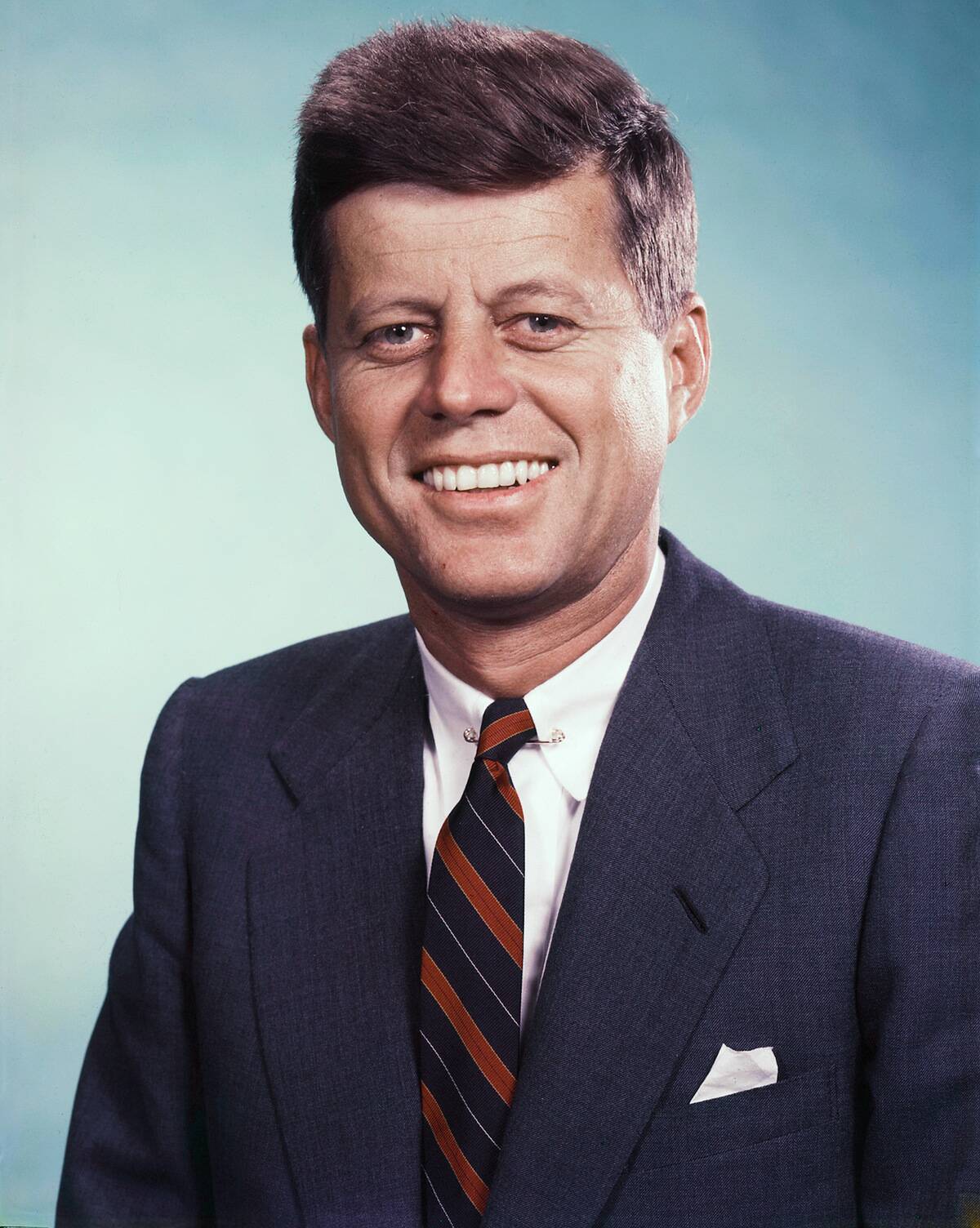
JFK’s charisma was legendary, drawing crowds with his electrifying speeches and youthful energy. His inaugural address, where he famously urged Americans to “ask not what your country can do for you,” showcased his ability to inspire. Kennedy’s public appeal was bolstered by his good looks and the glamorous image of his family, making him a darling of the media and a symbol of hope for a new generation.
A Revolutionary in Television Politics: The First TV President
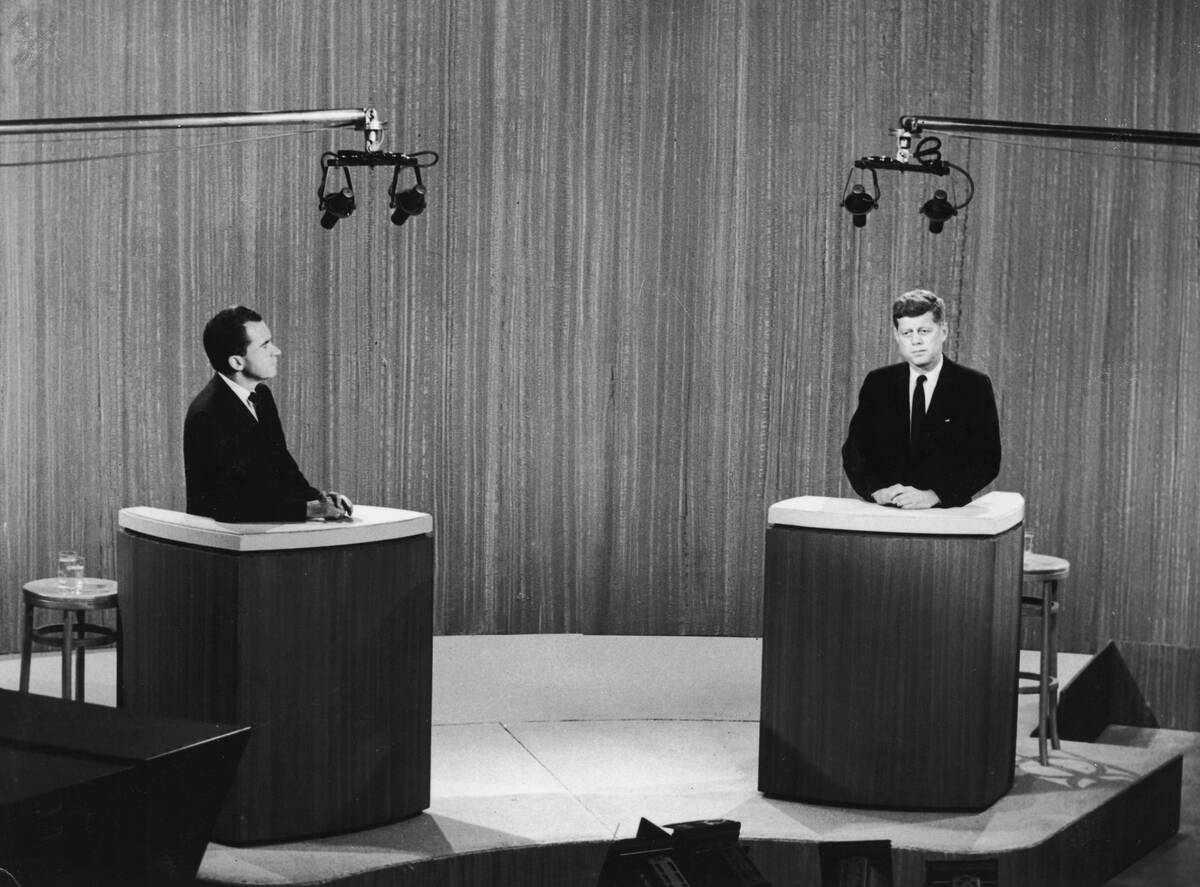
Kennedy was the first U.S. president to fully harness the power of television, a medium that was becoming increasingly influential. The 1960 presidential debates against Richard Nixon were a turning point, as JFK’s confident and telegenic presence contrasted sharply with Nixon’s less polished appearance. This strategic use of television helped catapult Kennedy into the White House, setting a precedent for future candidates.
The Cuban Missile Crisis: A Moment of Global Tension
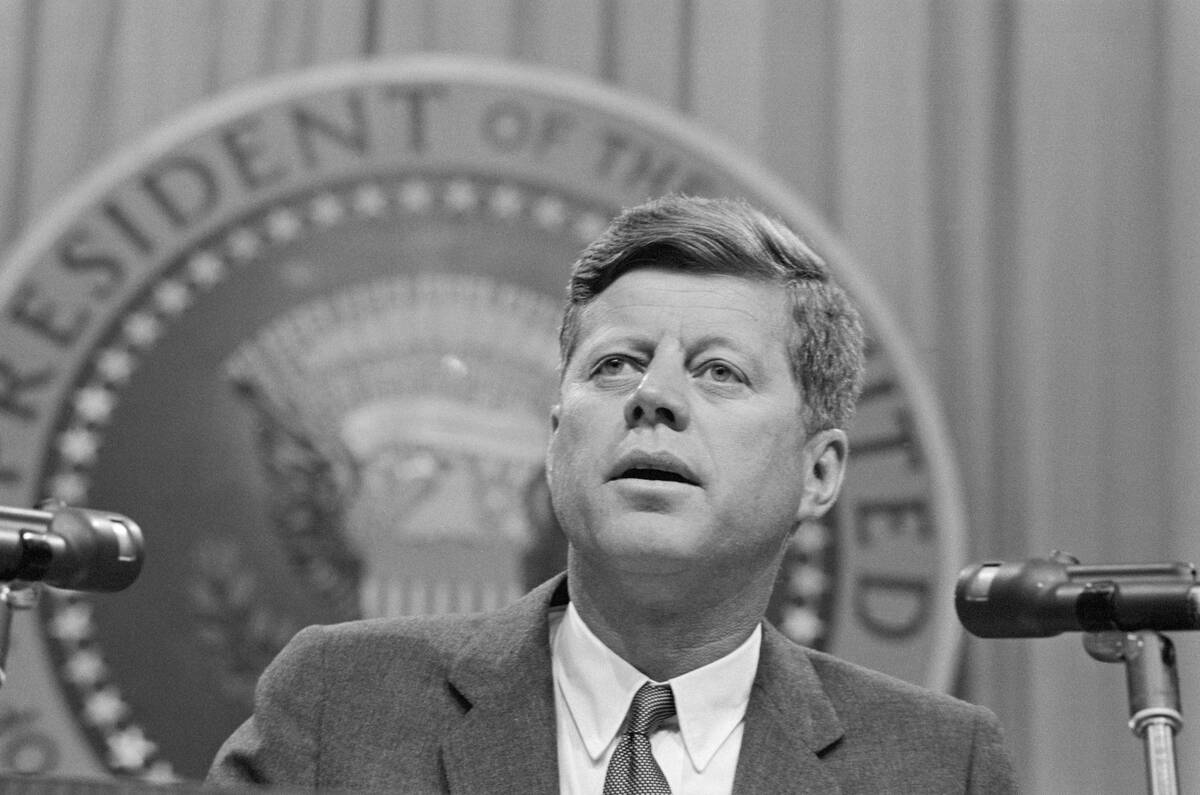
In October 1962, the world teetered on the brink of nuclear war during the Cuban Missile Crisis. Kennedy’s deft handling of the situation, through a naval blockade and secret negotiations with Soviet leader Nikita Khrushchev, averted potential disaster. The resolution of the crisis is often hailed as one of JFK’s most significant achievements, showcasing his ability to manage international tensions with a steady hand.
The Space Race: Paving the Way to the Moon
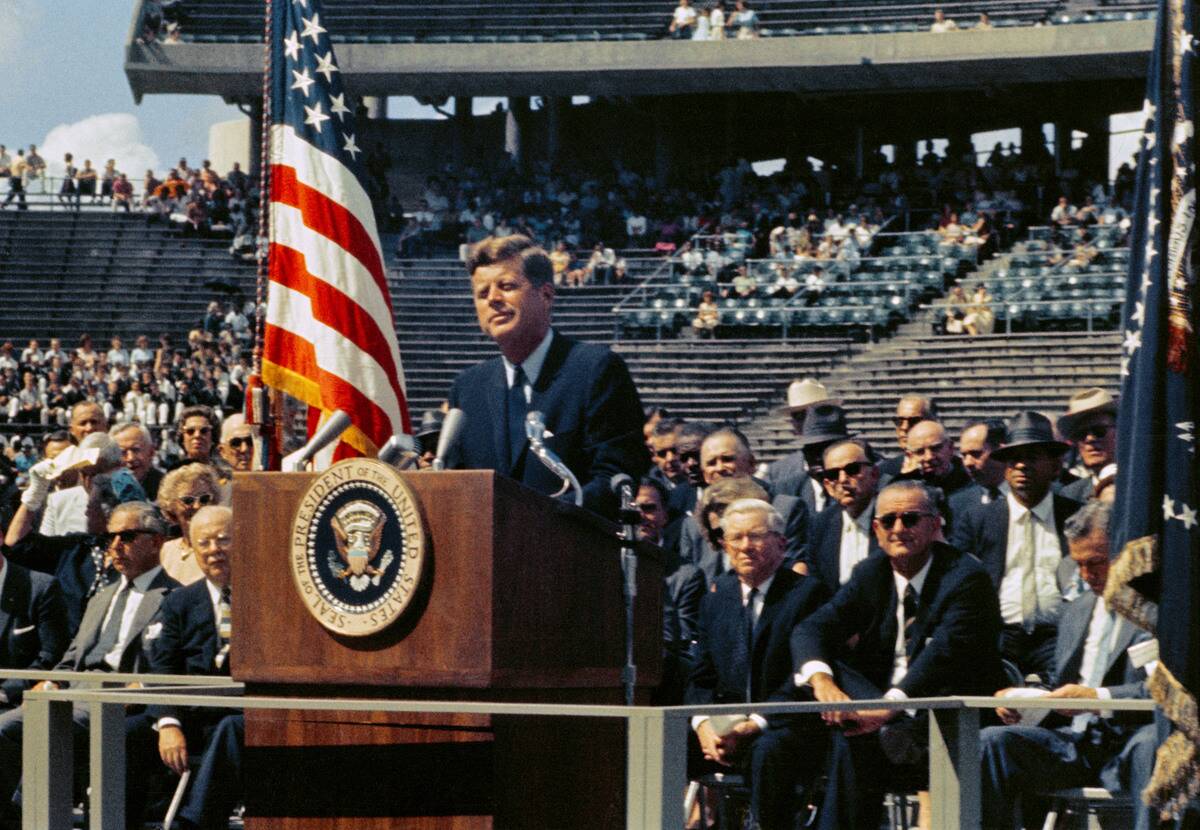
JFK’s vision extended beyond Earth, as he ambitiously declared America’s intent to land a man on the moon before the decade’s end. This bold commitment to the space race galvanized the nation, leading to significant advancements in science and technology. Kennedy’s famous speech at Rice University in 1962 underscored his determination to lead in space exploration, ultimately paving the way for the Apollo missions.
Civil Rights Stance: A Mixed Record
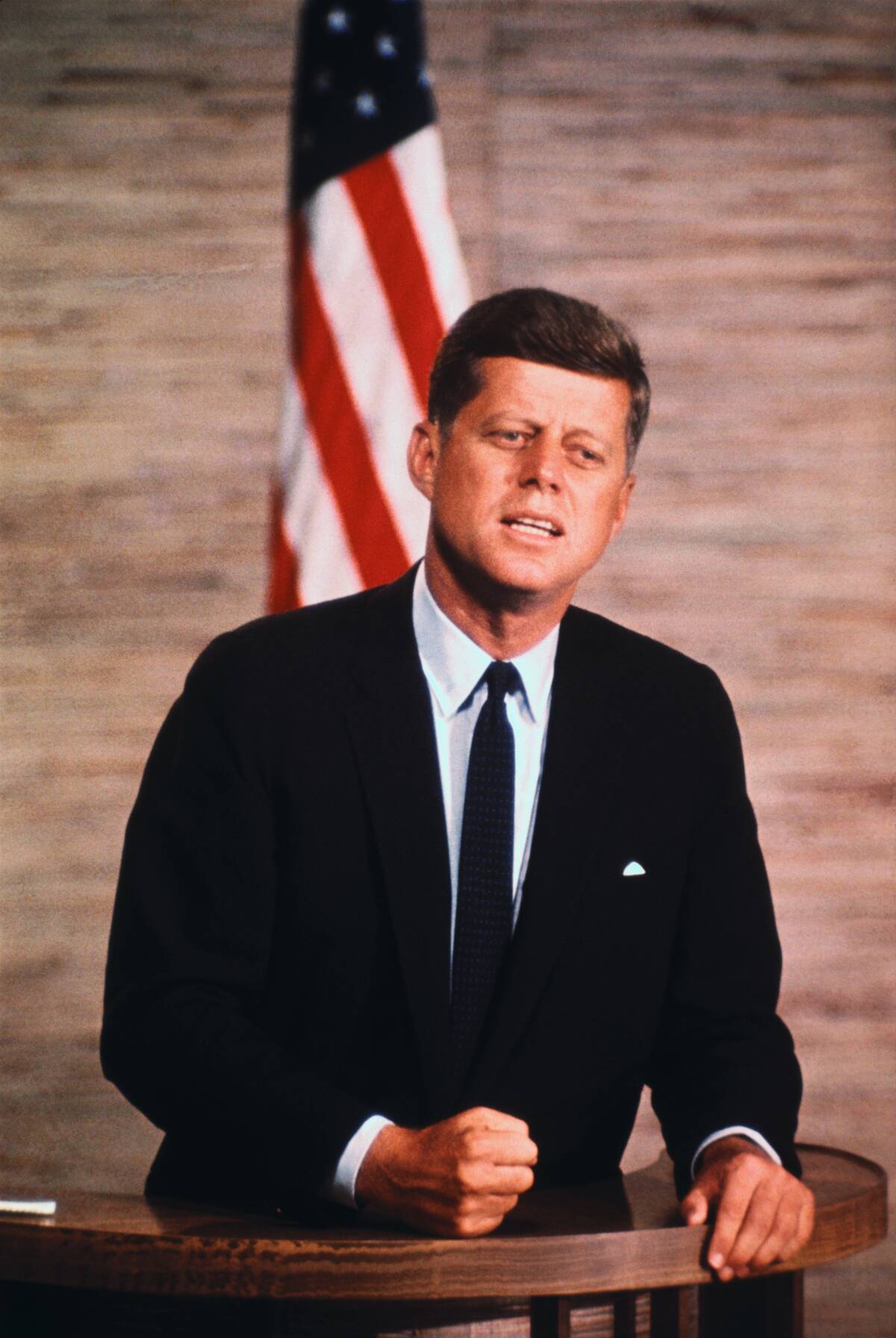
While Kennedy’s civil rights record was complex, his administration took crucial steps towards equality. He proposed comprehensive civil rights legislation, which would later become the Civil Rights Act of 1964. However, critics point out that he was initially hesitant, often prioritizing political considerations over aggressive action. Nonetheless, his televised address in 1963 marked a significant moment in the civil rights movement, aligning the presidency with the cause for justice.
The Peace Corps: JFK’s Vision for Global Volunteerism
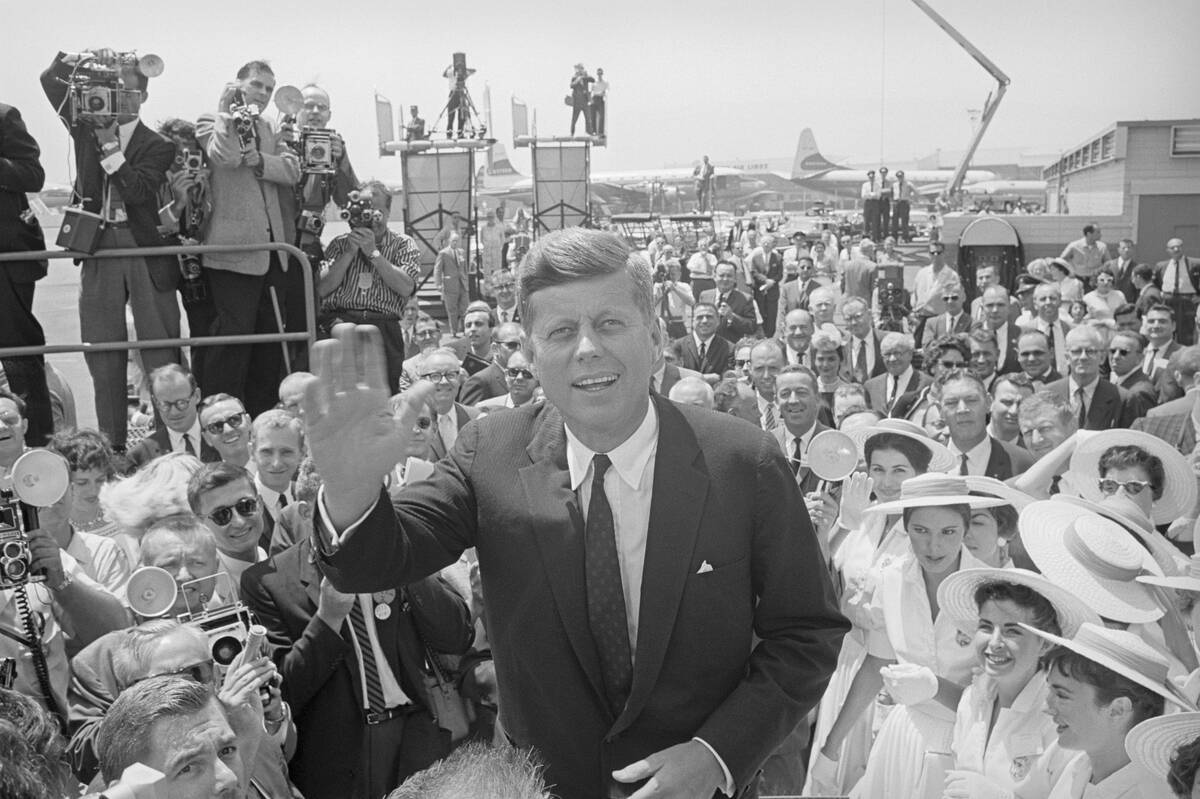
Kennedy’s establishment of the Peace Corps in 1961 embodied his belief in the power of idealism and service. The organization aimed to promote world peace and friendship by sending American volunteers abroad to assist in education, healthcare, and community development. This initiative not only strengthened international relations but also created a legacy of service that continues to inspire generations of volunteers.
The Bay of Pigs: A Notable Setback
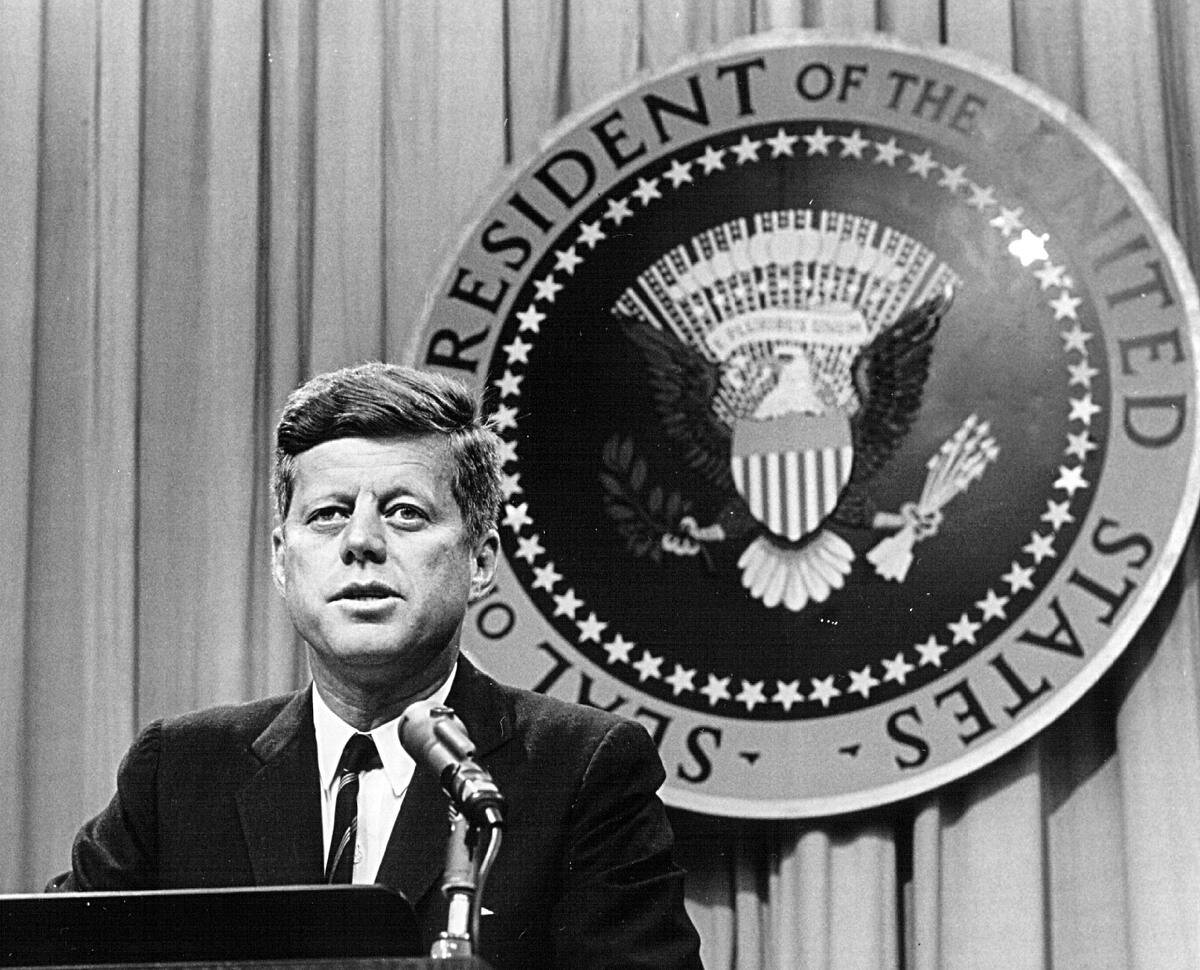
The Bay of Pigs invasion in 1961 was a significant blunder early in Kennedy’s presidency. The failed attempt to overthrow Fidel Castro’s regime in Cuba was a humbling experience for JFK, who took full responsibility for the debacle. This setback taught him valuable lessons in caution and accountability, shaping his future foreign policy decisions and reinforcing the importance of thorough planning and execution.
Economic Policies: The New Frontier
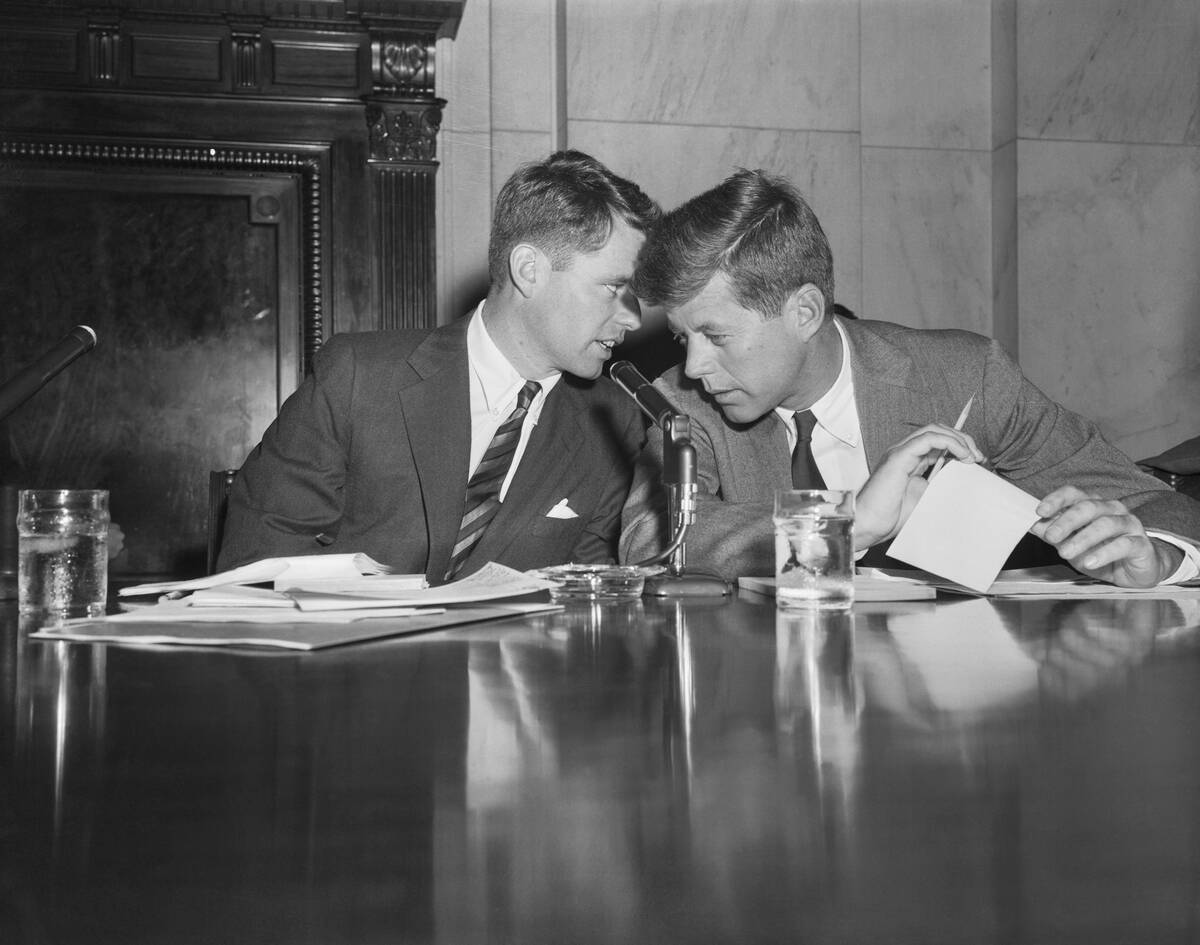
Kennedy’s economic vision, dubbed the “New Frontier,” aimed to address national issues through innovation and progress. His policies focused on stimulating economic growth, reducing unemployment, and investing in education and infrastructure. The introduction of tax cuts and investment in technology were pivotal, laying the groundwork for the economic prosperity that followed in the 1960s. JFK’s approach highlighted his commitment to fostering a thriving, modern America.
The Assassination: A Nation in Mourning
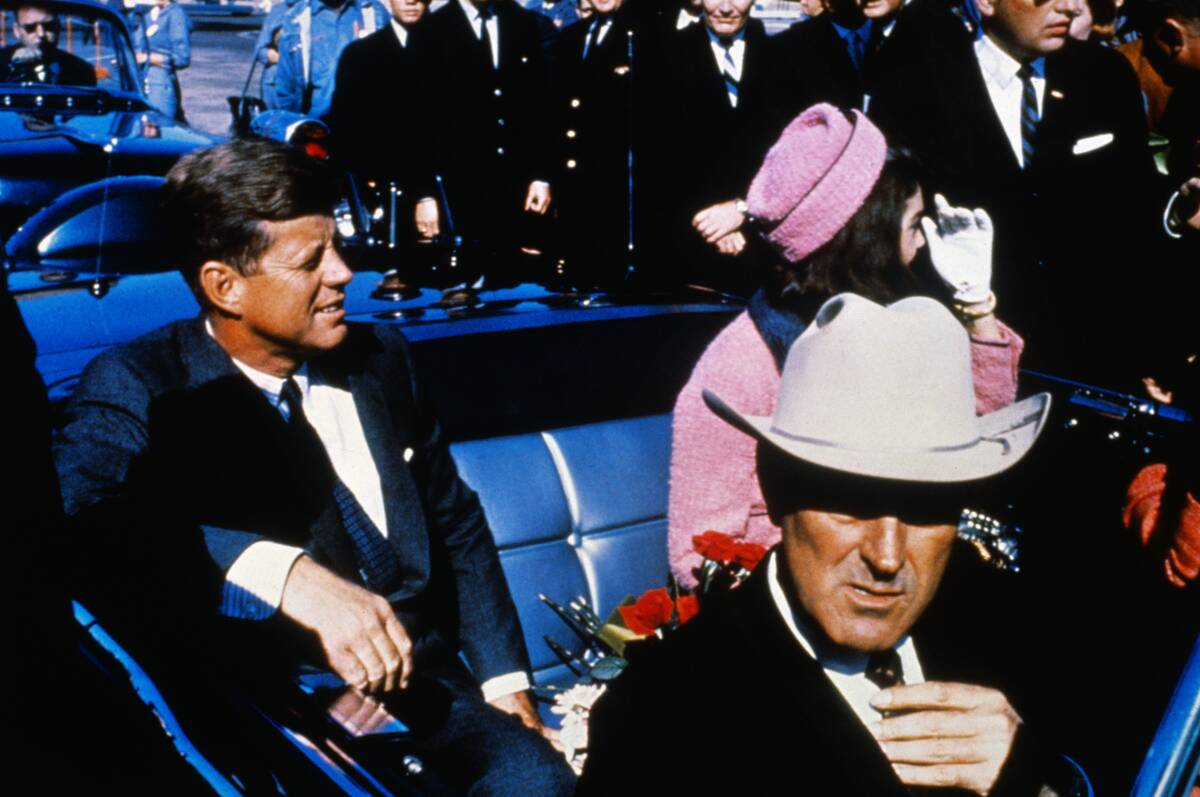
The assassination of John F. Kennedy on November 22, 1963, in Dallas, Texas, was a profound shock to the nation and the world. His untimely death left a legacy of unfulfilled potential and deepened the mystique that surrounds him. The events of that day have been the subject of numerous investigations and theories, reflecting the enduring impact of his life and the deep sense of loss felt by the American people.
Family Man: The Kennedy Clan Legacy
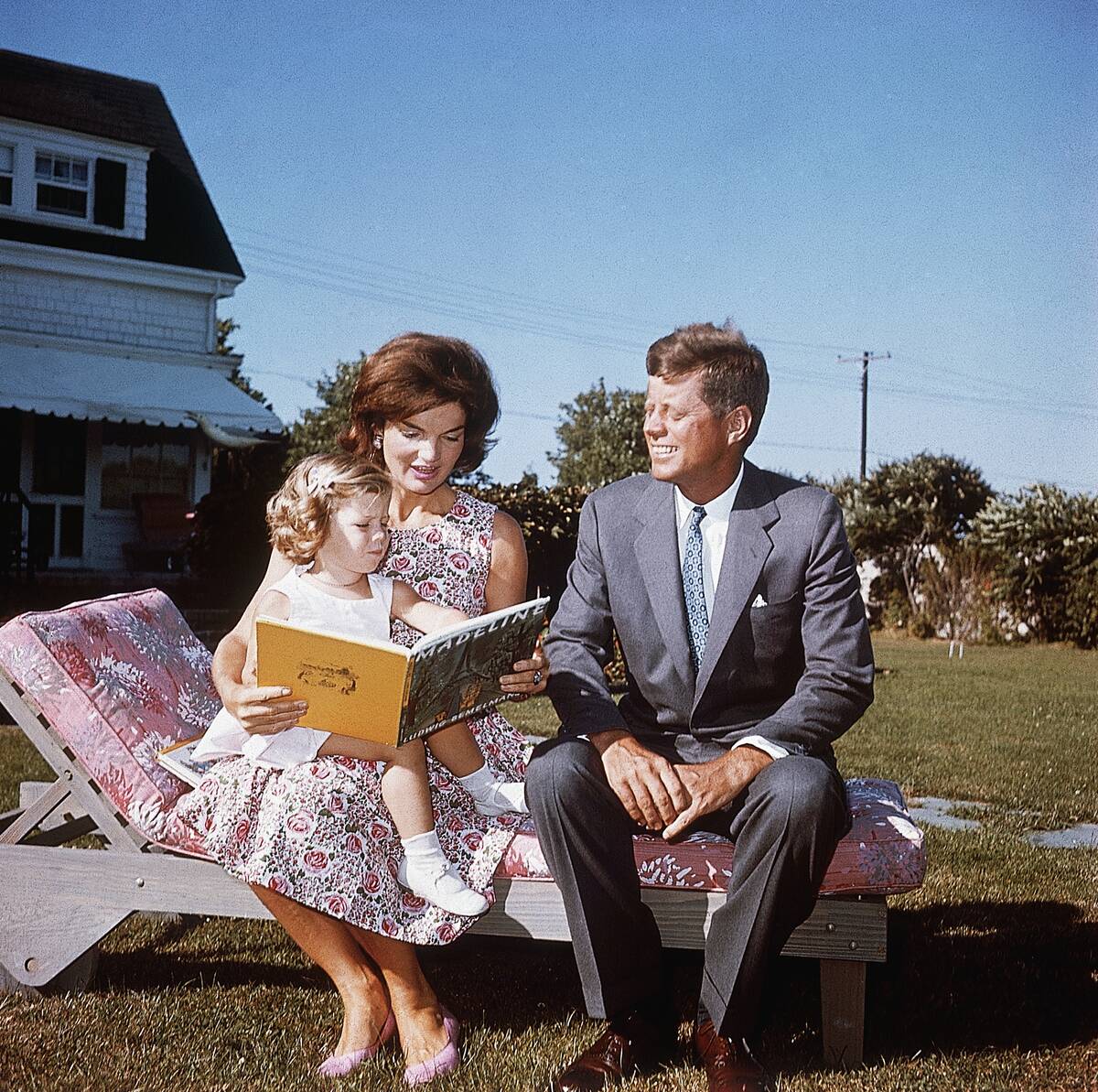
JFK came from a prominent family that was often referred to as American royalty. The Kennedy clan has long been a source of public fascination, with its members frequently in the spotlight. John’s marriage to Jacqueline Bouvier and their young children, Caroline and John Jr., contributed to the image of a modern, vibrant First Family. Despite personal tragedies, the Kennedy legacy endures, symbolizing resilience and a commitment to public service.
Health Struggles: Behind the Charismatic Exterior
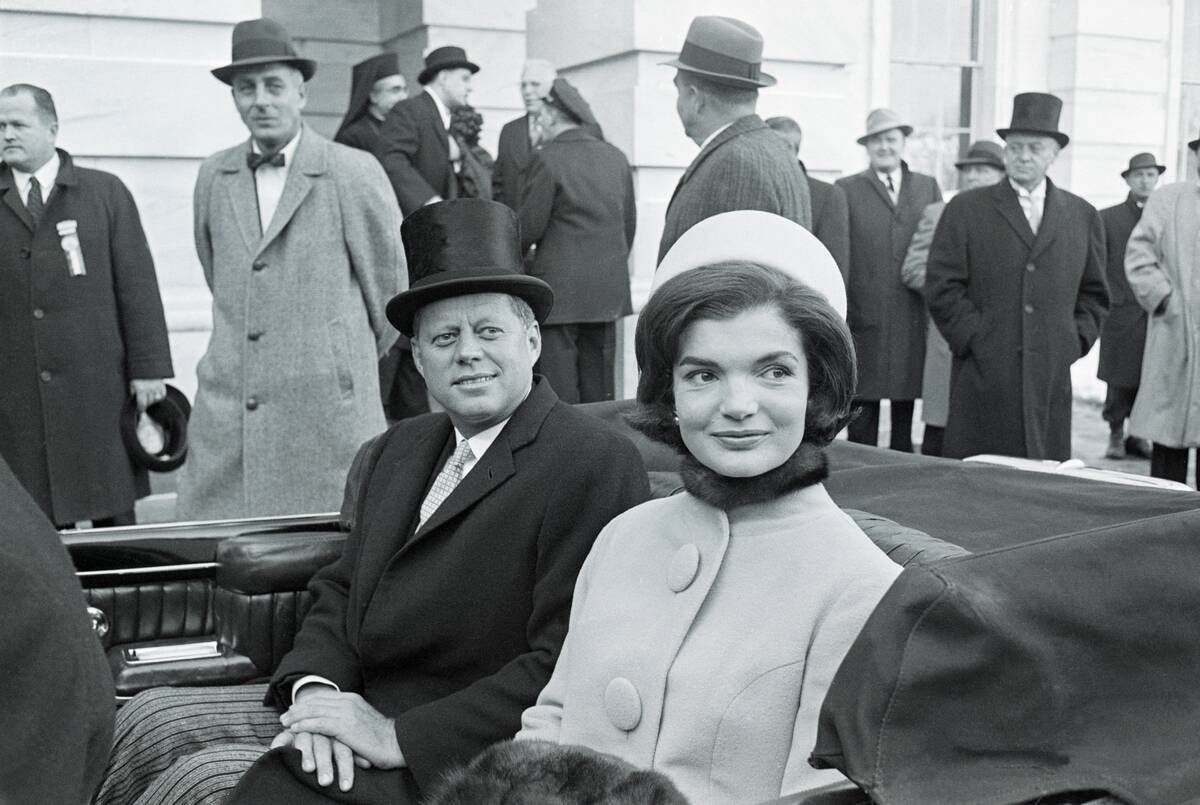
Behind Kennedy’s charismatic exterior were significant health challenges that he battled throughout his life. Diagnosed with Addison’s disease, he suffered from chronic pain and underwent several surgeries. Despite these struggles, JFK maintained a vigorous public persona, rarely letting his ailments hinder his duties as president. His ability to project strength and vitality, while privately dealing with adversity, adds another layer to his complex legacy.
Foreign Policy: Navigating the Cold War
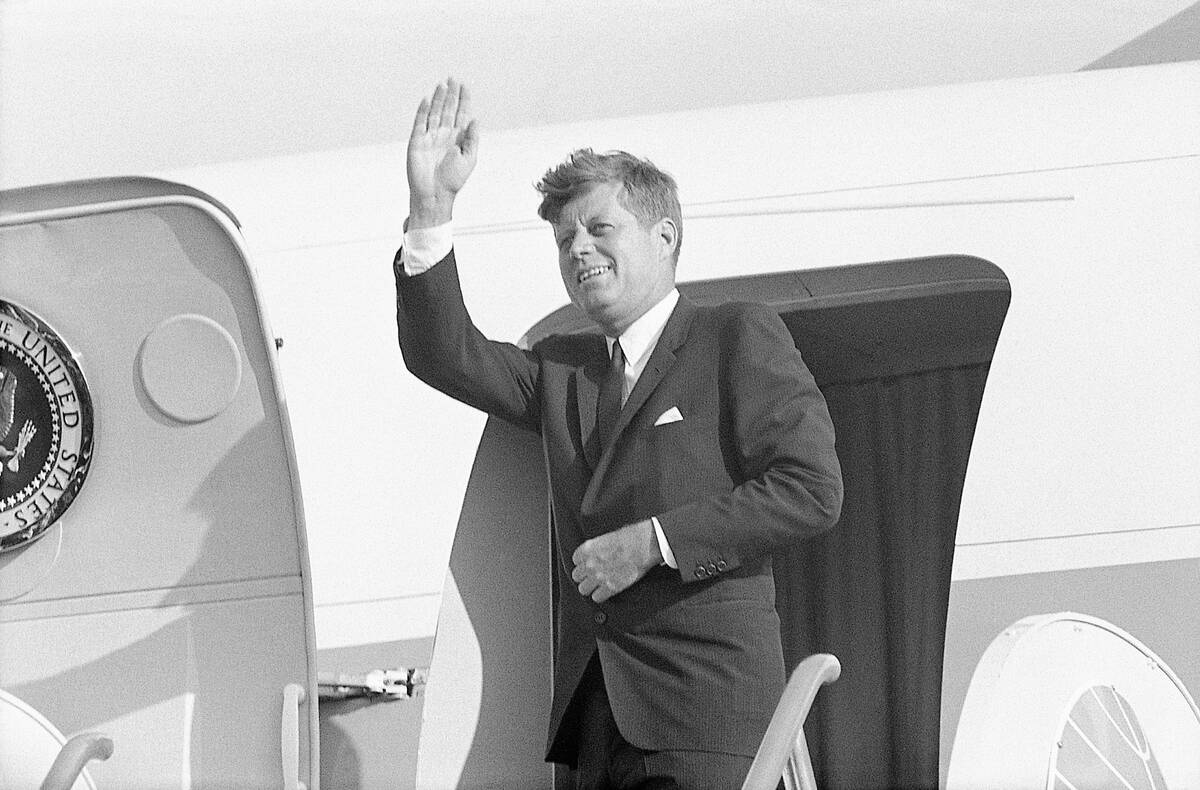
Kennedy’s presidency was deeply intertwined with the intricacies of the Cold War. Balancing the threat of communism with diplomacy, he navigated numerous international crises. His administration’s strategies included the establishment of the Alliance for Progress in Latin America and nuclear test ban negotiations. JFK’s foreign policy decisions were pivotal in maintaining relative peace during a period of intense global tension and rivalry.
The Berlin Wall Speech: A Stand for Freedom
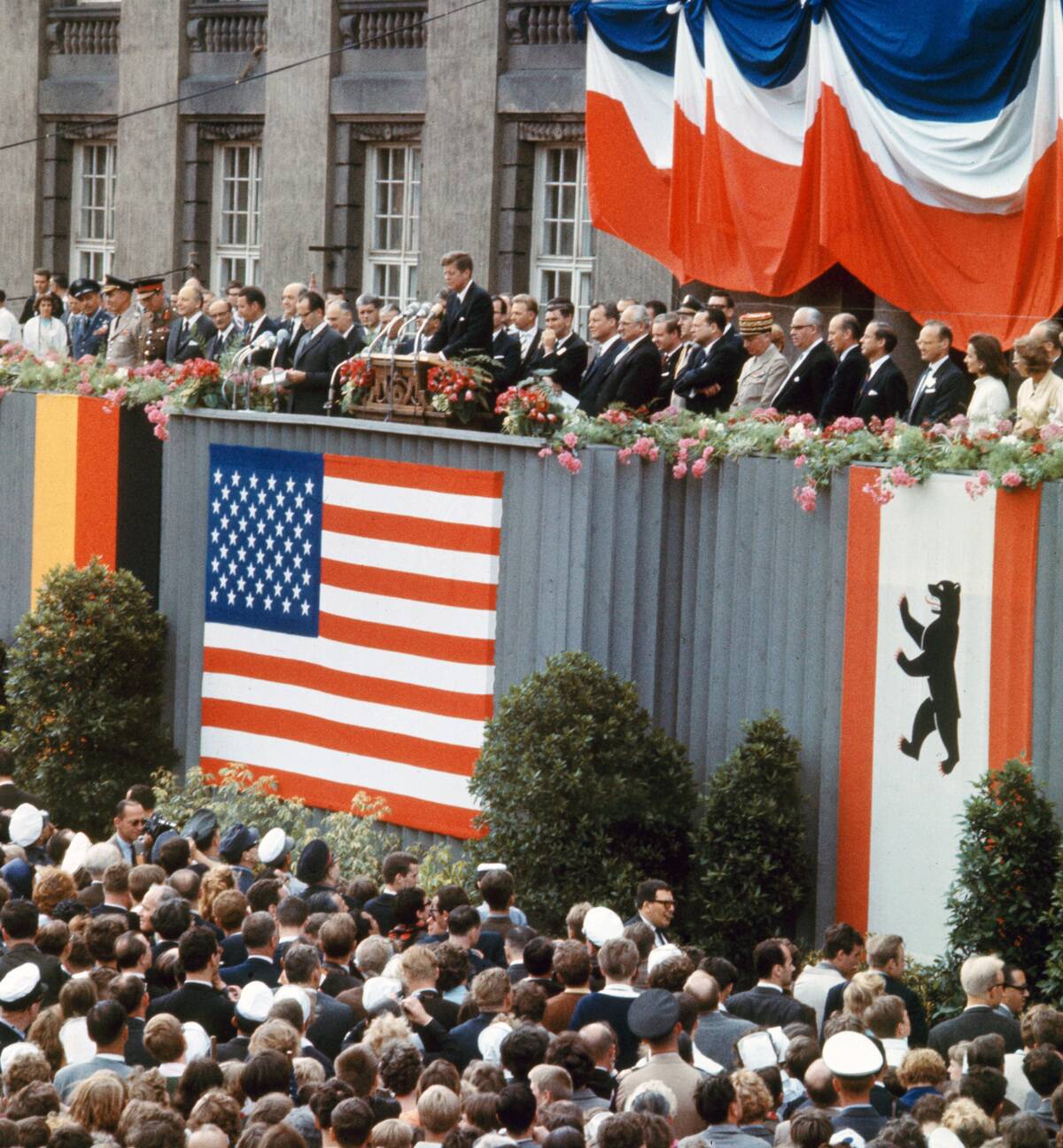
In 1963, Kennedy delivered one of his most memorable speeches in West Berlin, standing in defiance of Soviet oppression. His declaration “Ich bin ein Berliner” was a powerful statement of solidarity with the citizens of Berlin and a symbolic gesture against the division imposed by the Berlin Wall. This speech reinforced America’s commitment to defending freedom and democracy, resonating strongly with audiences on both sides of the Iron Curtain.
The Legacy of Camelot: Myth Versus Reality
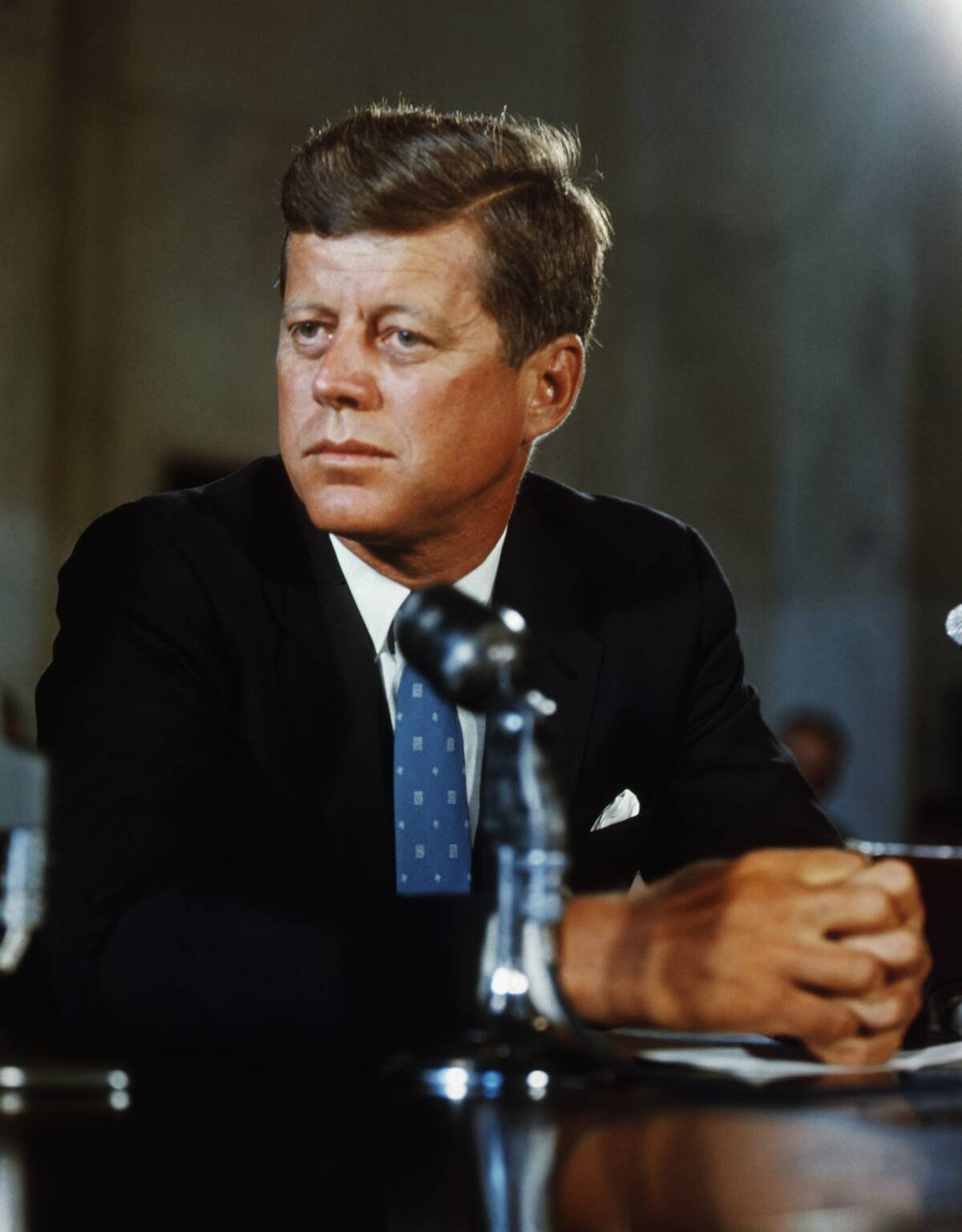
The Kennedy administration is often nostalgically referred to as “Camelot,” a term popularized by Jackie Kennedy after his death. This idyllic image contrasts with the complexities and challenges that marked JFK’s presidency. While the myth of Camelot endures, scholars continue to debate the realities of his policies and decisions. Nonetheless, Kennedy’s enduring legacy is a testament to his impact on American culture and the broader historical narrative.




